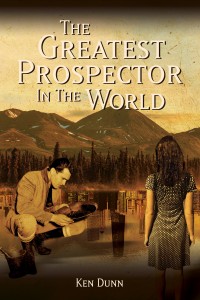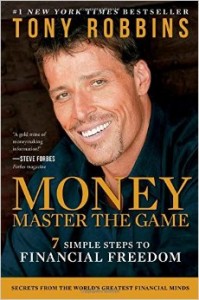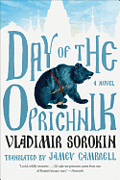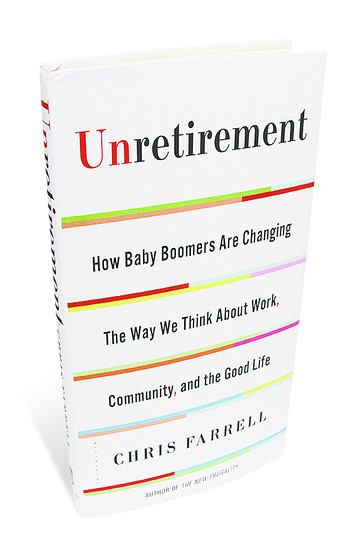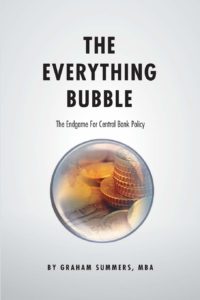
My latest MoneySense Retired Money column is a mini review of roughly a dozen personal finance or Retirement books I’ve been reading of late, or intending to finish. You can find the full column by clicking on the highlighted headline here: 12 Top Personal Finance books to read this summer.
First up are a couple of macroeconomics books: Graham Summers’ The Everything Bubble: The Endgame for Central Bank Policy, first published in 2017. It describes what the author calls “serial bubbles” – not just stocks but virtually every asset class, including fixed income and real estate. The book also tackles the two sources of financial repression for retirees hoping to live on interest income: ZIRP and NIRP, which stand respectively for Zero Interest Rate Policy and Negative Interest Rate Policy.
Like it or not, the November 2020 U.S. election is likely to have an impact on investors and would-be retirees, no matter how it works out. Two years ago, my MoneySense column reviewed several other Trump books in an attempt to understand the investment implications of his presidency.
Have we reached Peak Trump?
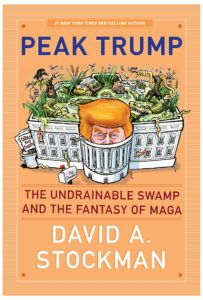
Since then, I’ve also read Peak Trump: The Undrainable Swamp and the Fantasy of MAGA, by David Stockman, published in 2019. Peak Trump includes a chapter also titled The Everything Bubble. Stockman believes the Trump boom – aided by the Federal Reserve’s “rotten regime of Bubble Finance” — has been a mirage and is fated to fade away. Presidential incumbents usually win re-election if the economy and stock market stay strong, but that’s hardly a slam dunk after the depression-level unemployment and social unrest that has come about in the wake of Covid-19.
Dual citizen and political pundit David Frum has just released his second Trump book: Trumpocalypse: Restoring American Democracy, a followup to his earlier Trumpocracy, which was mentioned in the link above. The blizzard of online and media reviews seem to suggest Frum believes Trump has lost the plot and may be vulnerable in the upcoming election.
With all this talk of asset bubbles and negative interest rates, it seems everyone is fated to worry about money and not just near-retirees. Worry-Free Money, by financial planner Shannon Lee Simmons, was published in 2017, and will primarily interest younger investors with a long time horizon. Simmons declares “everyone is worried about money” and says social media has only aggravated the situation. But if you’re worried she will nag you about things like budgeting, fear not: she gives reasons why “you need to stop budgeting.” Rather, you have to control your spending, living within your “hard limit” and say “No” to unhappy spending.
The Joy of Being Retired
For those closer to Retirement The Joy of Being Retired, by the prolific Edmonton-based international self-publishing master Ernie J. Zelinski, is a light read, with 365 reasons (and cartoons) on why Retirement Rocks “and Work Sucks.” Continue Reading…

